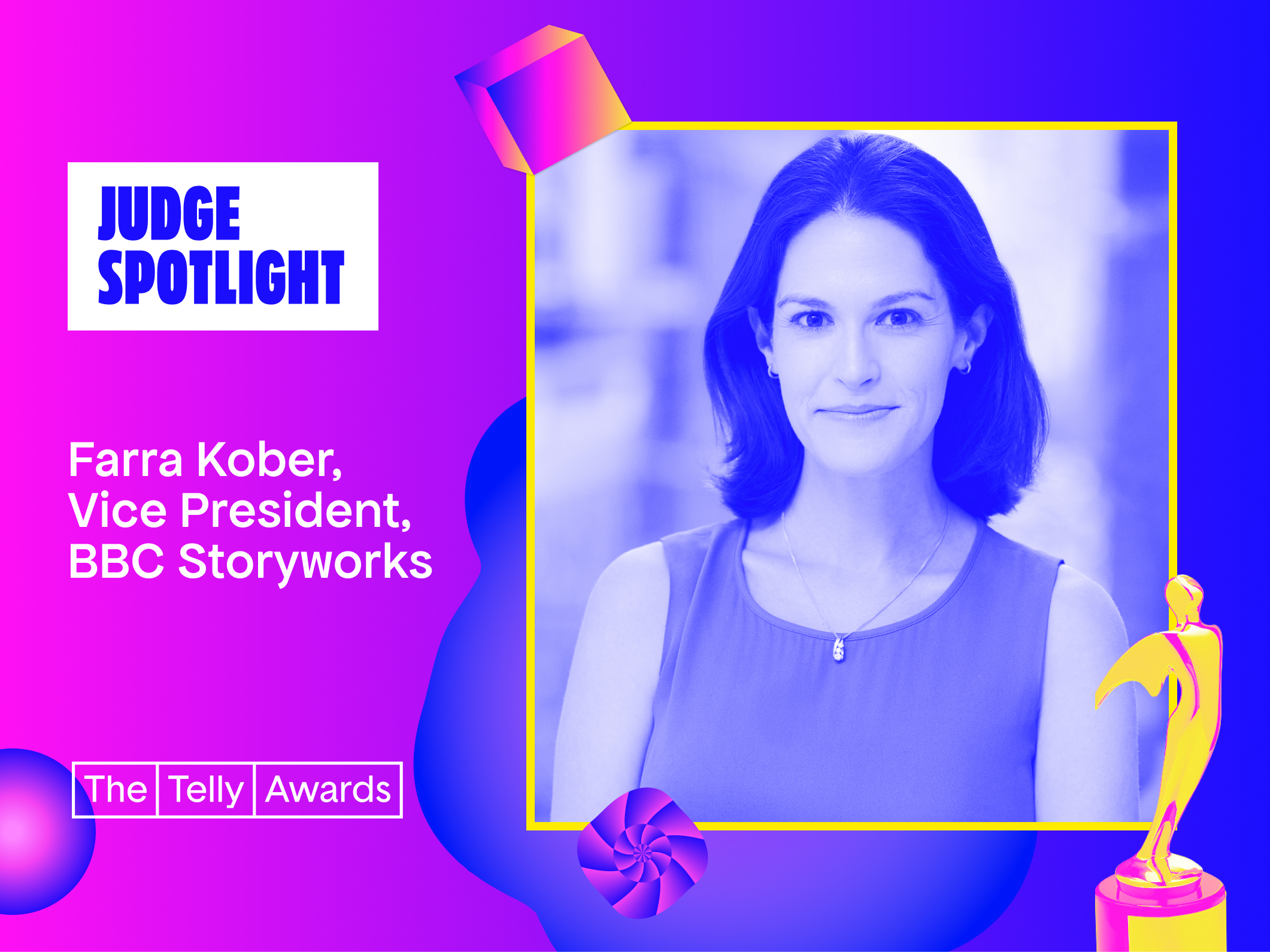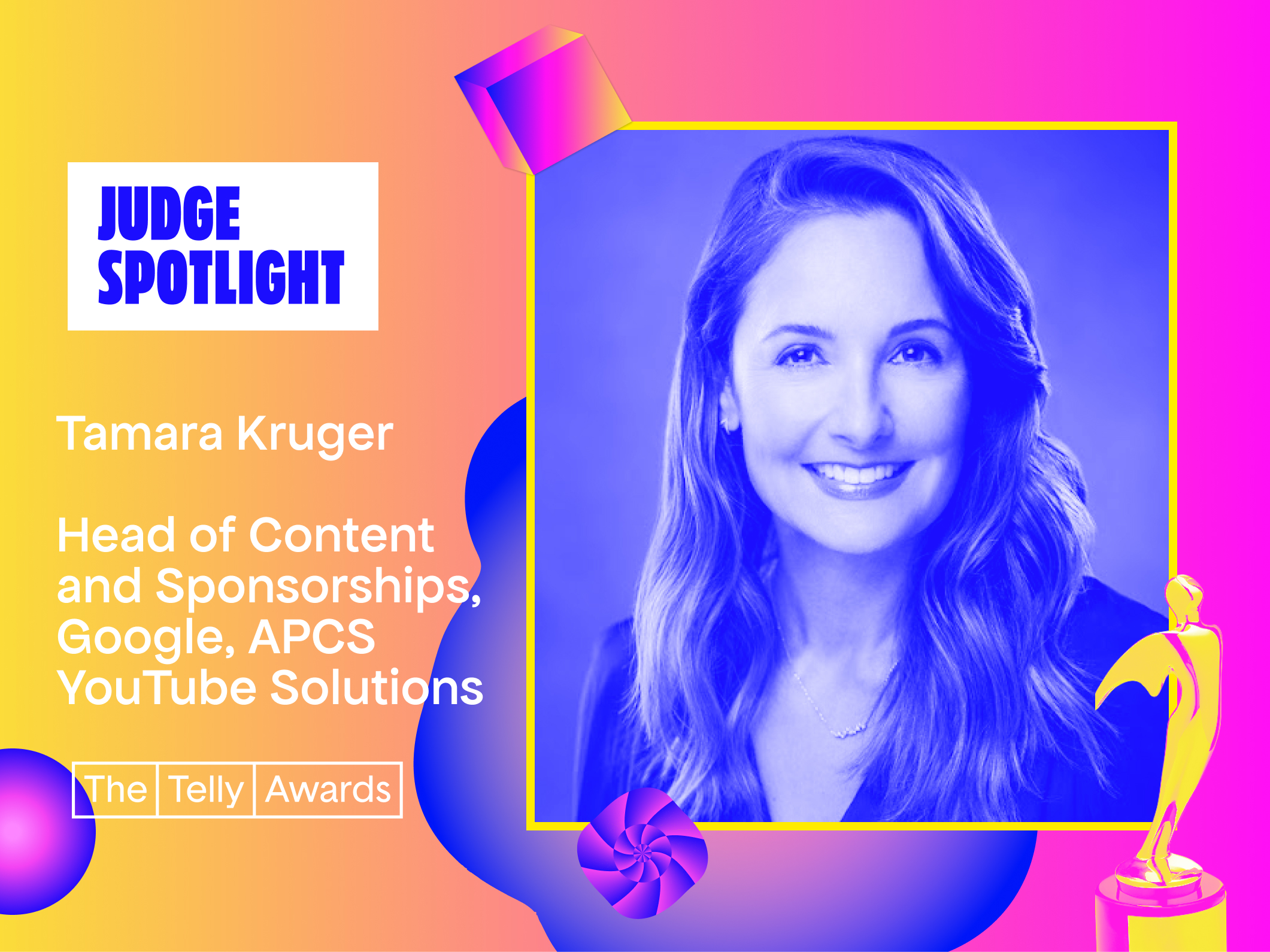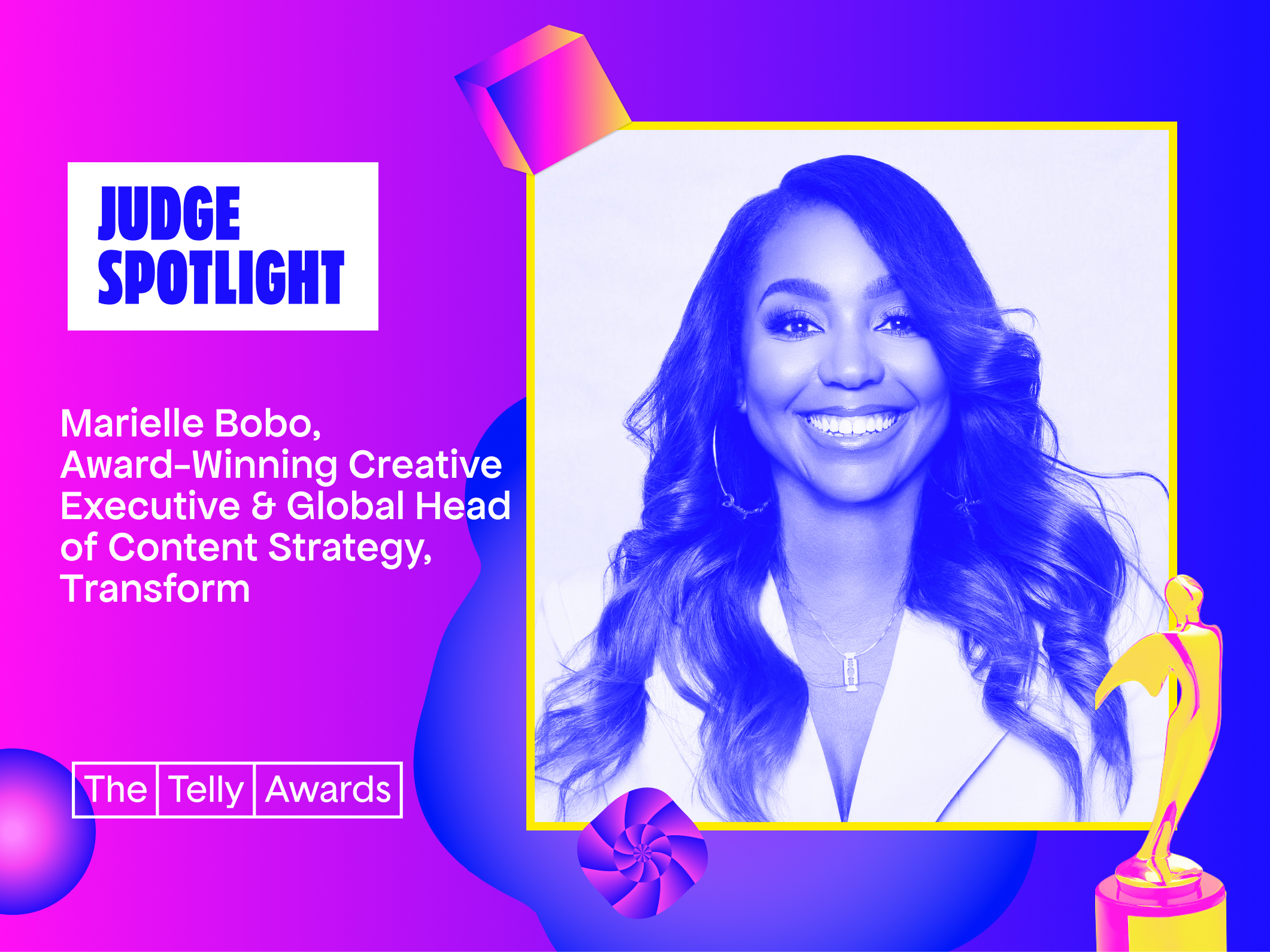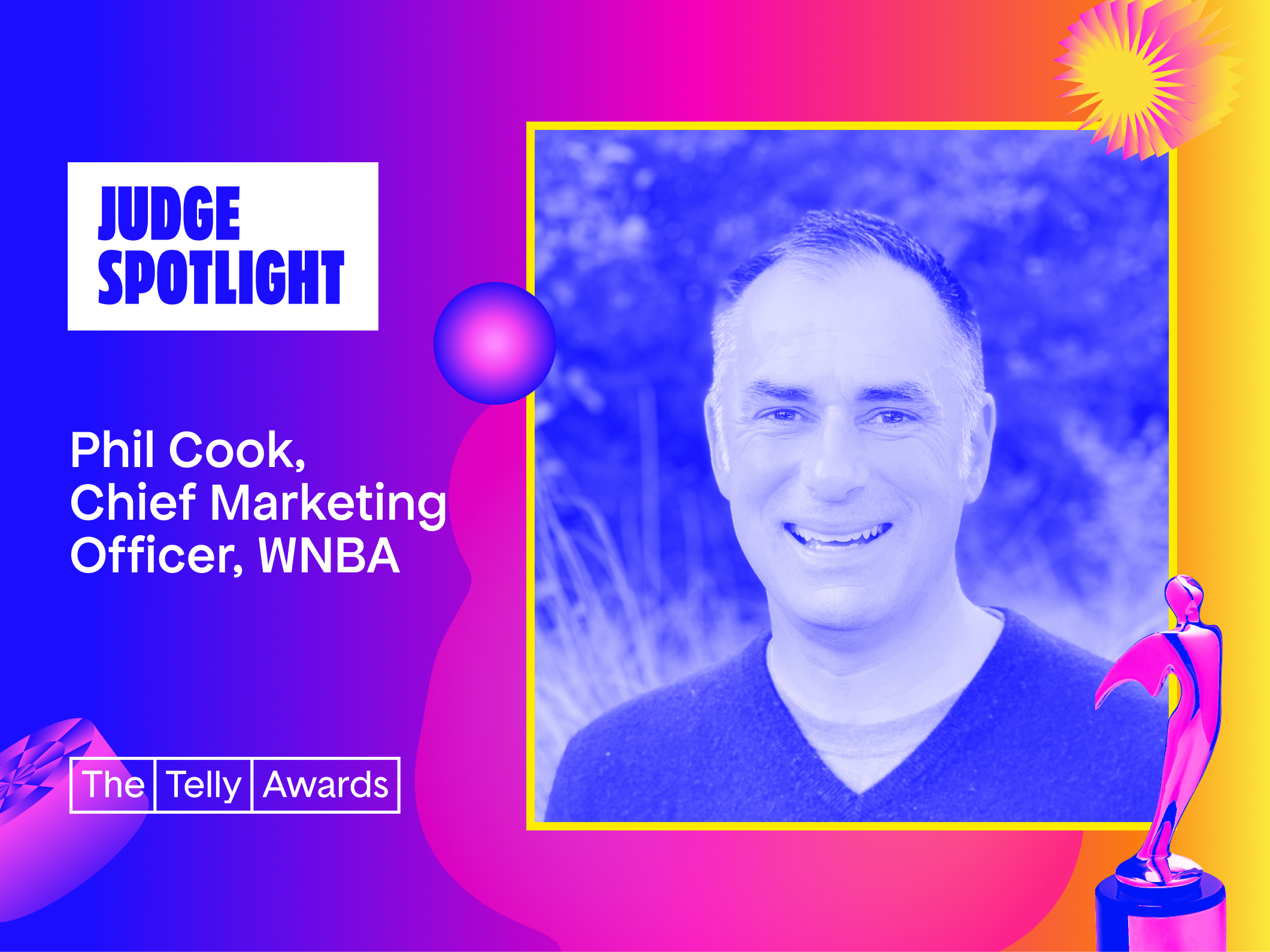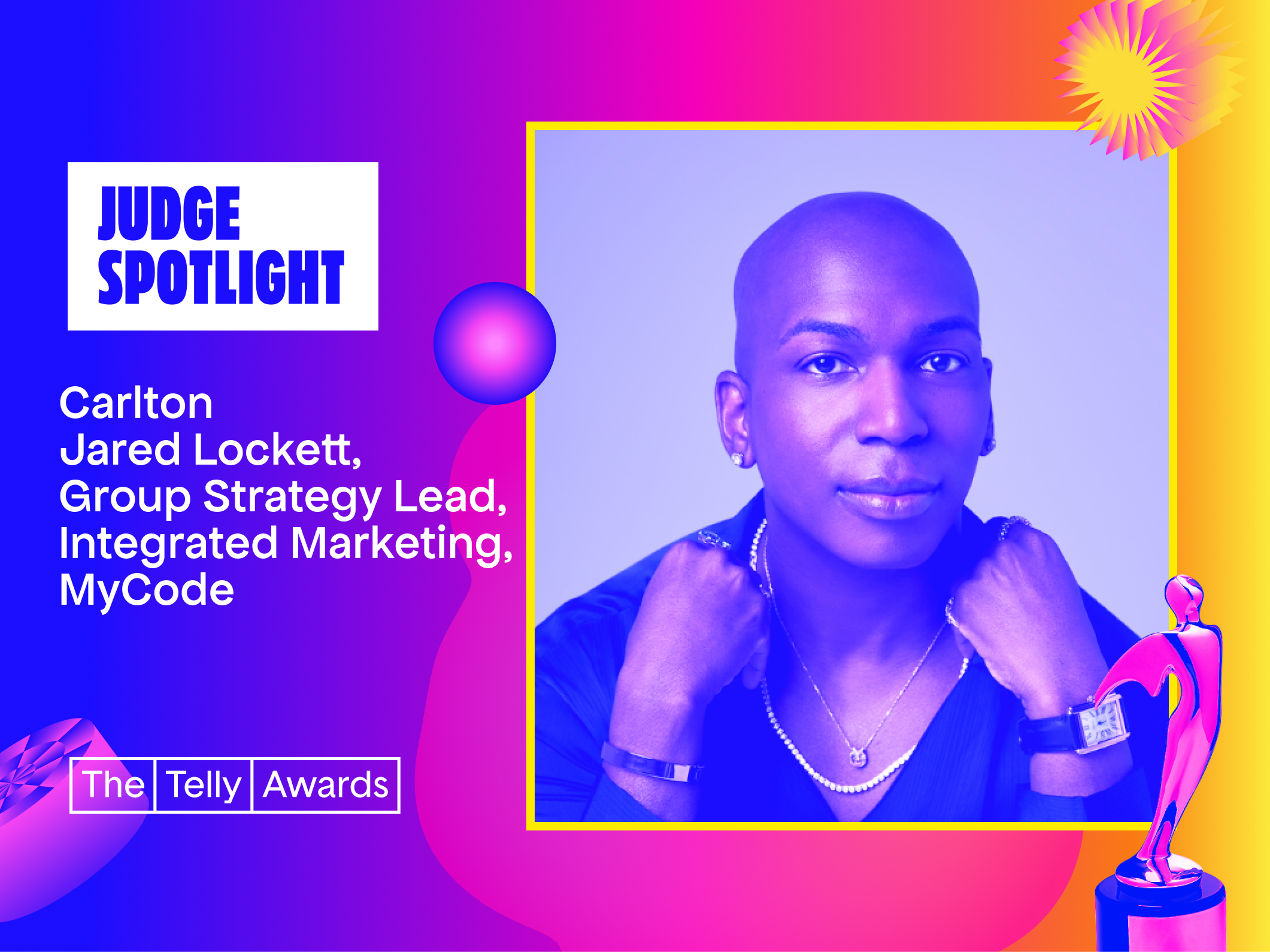Farra Kober is the VP of StoryWorks Americas, BBC Studios’ creative commercial content studio.
An Emmy-award-winning content executive and brand marketer, Farra is passionate about creative storytelling with purpose. As a creative leader, she guides teams in driving growth, customer engagement, and sales through multi-platform content born of strategic insights and data.
Prior to joining the BBC, Farra held leadership positions at WeWork as Sr. Director of Global Content Marketing, at theSkimm as VP of Content Studios—leading their extension into branded content, podcasting, and web editorial—and at NBCUniversal. As Director of Digital for MSNBC, managing creative and operations of MSNBC.com, Farra led the company to its best-year-ever in digital video viewership and launched its first-ever podcasting arm, including Chris Hayes’ award-winning program, ‘Why Is This Happening?’
How many years have you been a judge?
This is my first year!
What excited you about judging for the Telly Awards?
The Telly Awards have a wonderful legacy of showcasing some of the best work across our industry, and as someone who’s worked across many corners of the content world (from journalism and lifestyle programming to the brand side and now leading branded content within a media company) it’s exciting to have a front-row seat to so much creativity across sectors.
What excites me most is seeing how strategists and producers today are using content to engage audiences in new and meaningful ways. It’s inspiring to see the work my peers are most proud of, and to keep learning myself. The journey of being a creative leader is never finished, and judging is a great reminder of how far our craft continues to evolve.
What was your first job in the industry? What did it teach you?
I started my content career in journalism at MSNBC and NBC News. My very first job was as a production assistant for a weekend program at MSNBC, working the 4 a.m. to 4 p.m. shift. It taught me hustle, discipline, and resilience… and that I’ll likely never have a job as stressful as breaking news! There’s truly nothing like being in a control room when a story breaks.
What’s the most challenging part about your job and/or the industry?
We’re in a moment of major change. Budgets are tighter than ever, which means we have to be crystal clear about the “why” behind storytelling. For brands investing in content, from short-form pieces to full documentaries, the question is: what’s the return?
I think we’re on the verge of being able to articulate that ROI in much more powerful ways. The next step is how brands allocate budgets and how creative and media investments can come together to support storytelling that we now know drives measurable value and performance.
What are your current roles and responsibilities and what do you love most about your job?
I’m the Vice President of BBC StoryWorks Americas, the branded content studio within BBC Studios. I lead a team of creative strategists, producers, and project managers who partner with brands to create compelling, high-performing storytelling, combining the BBC’s world-class production expertise with access to our influential changemaker audiences in the U.S. and around the world.
What I love most is that our work allows us to take the storytelling craft the BBC is known for and apply it to brand partnerships in innovative ways. Our team supports the full cycle, from understanding client needs to creative development, production, and distribution, ensuring every story connects emotionally and performs commercially. With more content being produced daily than ever before, defining what “good” means has become increasingly complex, especially for brands. Cutting through the noise requires a deep understanding of audience, craft, and purpose, and that is exactly where we thrive.
What initiatives or projects are you working on now that excite you?
We’re exploring the future of branded entertainment. Branded content has long carried a bit of a reputation problem; it wasn’t always seen as credible or creative storytelling, but that’s changing. As more brands invest in films, series, and podcasts that align with their values and purpose, we’re seeing a new era of work that earns both attention and trust. When content truly entertains and connects, it builds that trust, and once trust is earned, a brand’s more direct messaging (or pitch) becomes far more effective.
At BBC Studios, we’ve studied the science behind this. Our proprietary Science of Engagement framework uses eye tracking, neuroscience, and behavioral testing to connect emotions experienced while watching content to performance outcomes such as lifts in brand positivity, perception of innovation, and purchase intent.
Again and again, we find that stories centered on human experience drive the strongest outcomes. This data gives marketers tangible proof that emotionally resonant storytelling delivers returns and the vocabulary to talk about ROI in a more meaningful way. We now have a tool that helps us craft narratives that more predictably deliver the outcomes stakeholders seek.
Do you have any specific practices you lean on to spark creativity?
Staying curious! We spend so much time in front of screens or in meetings that I try to intentionally step away, take a walk, read something unrelated to work, see a play, or travel with my family. Those moments open my eyes to the world and help me break out of the tunnel vision we can all fall into. Inspiration often strikes when I’m not looking for it.
What inspired you to pursue your career path?
I started out wanting to be an actor, but I realized the lifestyle wasn’t for me. I crave a bit of control, and the uncertainty of constant auditions didn’t fit my personality. What I loved most about theater, though, was storytelling for a community and with a community.
Working in media and content replicates that joy for me. It’s still about finding the emotion within a narrative and creating connection with an audience. And, much like a rehearsal room, success depends on collaboration, bringing together different perspectives and talents to make something greater than the sum of its parts.
In your experience, what is a significant change you are seeing happen in the video, television, and/or film industry, and what insight can you share about how to navigate it?
There’s a greater volume of content than ever before in market, but the core challenge remains the same: how do you build a real connection with your audience? We’re much more inclined to build relationships with other people than with products or services. The work in brand content is about doing the journalistic and creative digging to uncover human stories that resonate. That takes time and rigor. It’s hard work, but it leads to the development of meaningful, lasting connections between brands and their target audience with content that truly performs.

